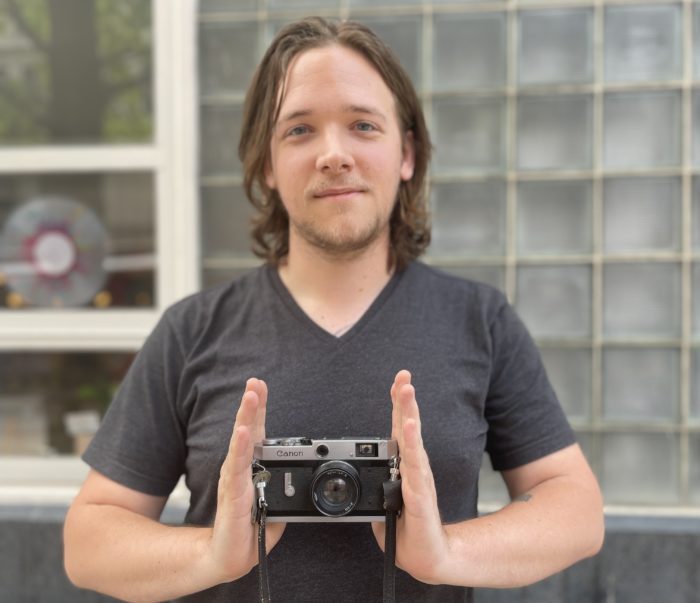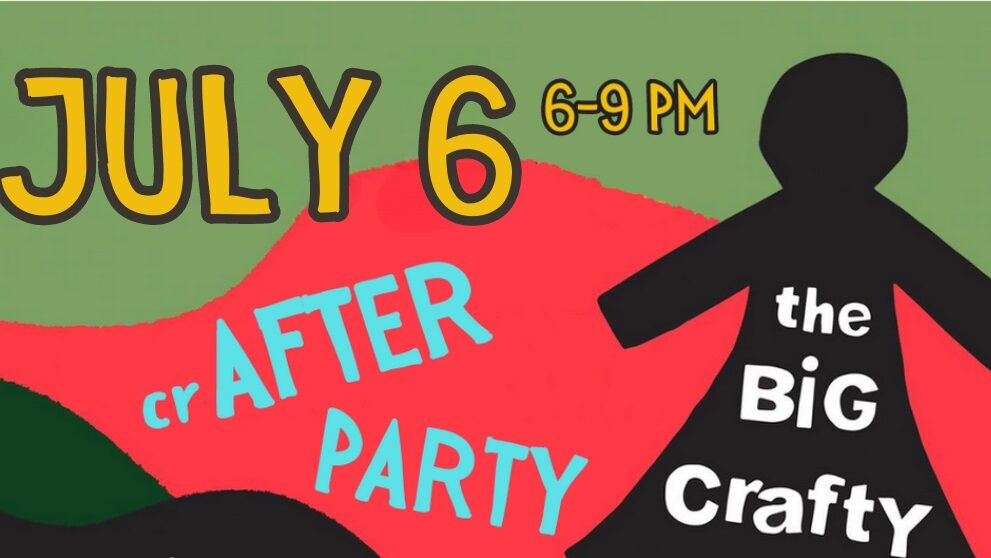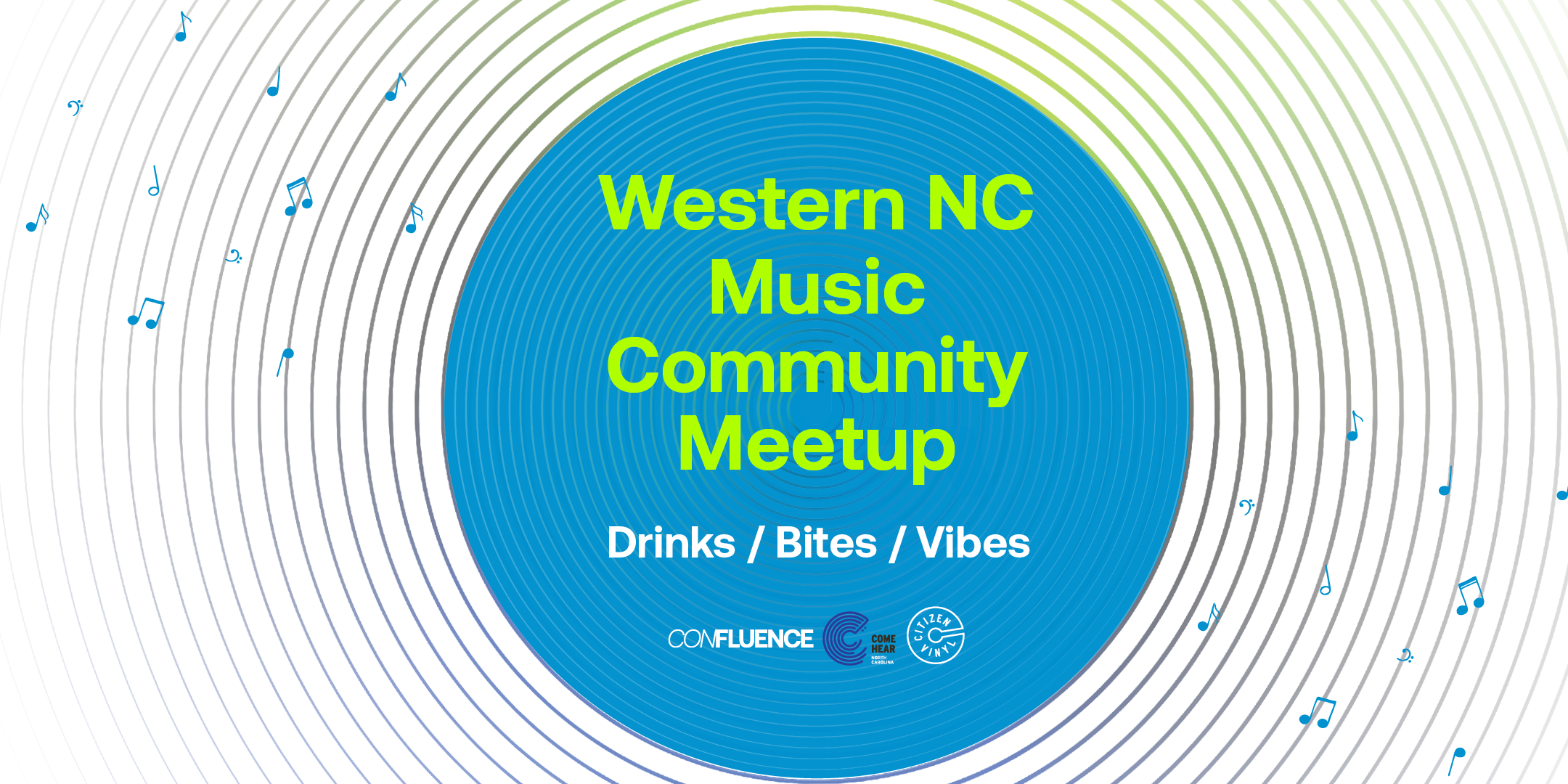Analog Film Photography Enjoys Comeback, Similar To Vinyl
- May 31, 2022 -

A film processing lab that opened during the pandemic is just one indication of a revived interest in analog photography, seemingly in spite of these digital, smartphone times.
In February 2021, roommates Alex Cox and Bryce Alberghini started AVL Film Lab out of their basement, in North Asheville. The idea was borne out of time spent in quarantine.
“We would be hanging out, talking about shooting film. We were both pretty unsatisfied with our jobs, thinking, ‘what if there was some super convenient way to develop film?,’” Cox said.
The grand idea was to start a mobile processing truck. Driving around town, picking up rolls of film, and developing it on site. But, given the time and financial hurdles of acquiring and retrofitting a van, they instead leapt for an easier reach. A mail-in service that processes rolls of film and then emails the digital scans back to customers.
They purchased the necessary scanners and chemicals, set up a P.O. Box, and announced AVL Film Lab’s debut – ironically, on Instagram.
“It was an eye-opening experience. A surprising number of people in town shoot film and were very excited and pleased to find there’s a convenient solution,” Cox said.
It’s happening globally, too. Film photography is enjoying a comeback, as sales of new and used analog cameras have skyrocketed. Online reseller Ebay says sales in used Canon, Pentax, Nikon and Leica cameras have seen sales increases between 42 and 79 percent in the last two years. Similar to film’s audio cousin, vinyl records, those cameras are going into younger hands. Millennials and Gen Z enthusiasts are driving the renewed interest.
Alex Cox says similar to vinyl enthusiasts, people who opt for analog photography are seeking a tangible, tactile experience. He says shooting on film also demands more presence and connection to the moment you’re trying to capture.
“You could take a million photos on a phone or digital camera, but realizing that even if you bring a bunch of rolls of film with you, it really makes each shot very intentional,” Cox said.
Even though Cox runs his own lab, he’s a relative newcomer to analog. He started studying film photography and processing five years ago, when he was a student at UNC-Asheville. He bought his first film camera, a Canon AE1, from a pawn shop on Merrimon Ave. for $20.
He says it’s never too late to make the jump. He even has a trick for learning – that requires a digital camera or a smartphone app with manual camera settings.
“Just change one setting at a time and take a photo to see how those changes affect the light or exposure,” Cox said. “Then you don’t have to waste any film.”
If you have film to develop and you don’t want to wait in line at the post office – AVL Film Lab has a drop box located inside Citizen Vinyl. Cox says turnaround time averages about a week.




